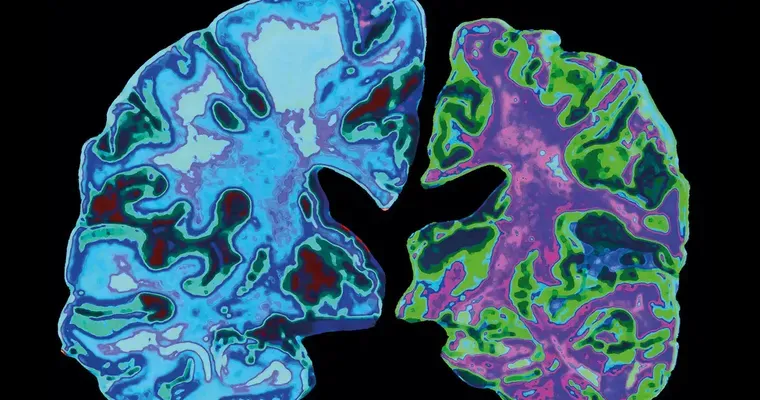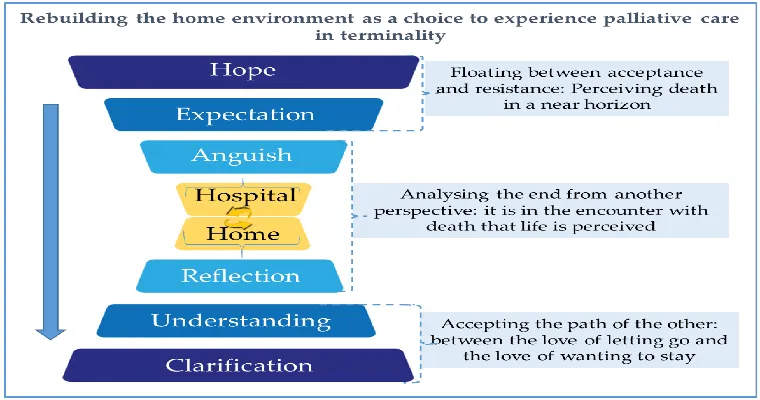Understanding the "awareness" of "advanced Alzheimer's patients" regarding their "surroundings" is a crucial aspect of both caregiving and medical research. As Alzheimer's disease progresses, many families and caregivers grapple with the question of how much awareness these individuals retain about their environment, their loved ones, and their own conditions. This article aims to shed light on the complexities of awareness in advanced Alzheimer's patients and the implications for care and support.
Alzheimer's disease is characterized by a decline in cognitive function, affecting memory, thinking, and behavior. In the "advanced stages" of this disease, patients often exhibit significant changes in their ability to recognize familiar faces, understand their surroundings, or engage in meaningful conversations. However, this does not mean that they are completely unaware of their environment. Research suggests that even in advanced stages, some patients may retain an "emotional awareness" or a basic understanding of interpersonal connections.
One of the most challenging aspects of advanced Alzheimer's is the variability in patient experiences. Some patients may seem disoriented or unresponsive, while others might show signs of awareness in certain situations. For instance, they may respond to emotional cues, music, or familiar voices, indicating that their sensory perception is still active. This highlights the importance of a personalized approach to care, where caregivers are attuned to the individual needs and responses of each patient.
It is also essential to consider the role of non-verbal communication in understanding patients' awareness. Many advanced Alzheimer's patients may struggle to articulate their thoughts or feelings verbally. However, they can express themselves through gestures, facial expressions, and body language. Observing these non-verbal signs can provide valuable insights into their level of awareness and emotional state, enabling caregivers to respond more effectively.
Families often face emotional challenges when dealing with a loved one in the advanced stages of Alzheimer's. The feeling of loss can be profound, as the person they once knew seems to fade away. Nonetheless, it is vital to recognize that moments of clarity can occur, where the patient may exhibit signs of recognition or engagement. These moments can be incredibly meaningful and serve as reminders of the enduring bond between the patient and their loved ones.
In conclusion, while advanced Alzheimer's patients may experience significant cognitive decline, there is evidence to suggest that they can maintain some level of awareness of their surroundings and relationships. Understanding this nuanced reality is crucial for caregivers and families as they navigate the complexities of care. By fostering environments that promote emotional connections and recognizing non-verbal cues, caregivers can not only support the well-being of advanced Alzheimer's patients but also create moments of joy and connection in their lives.





